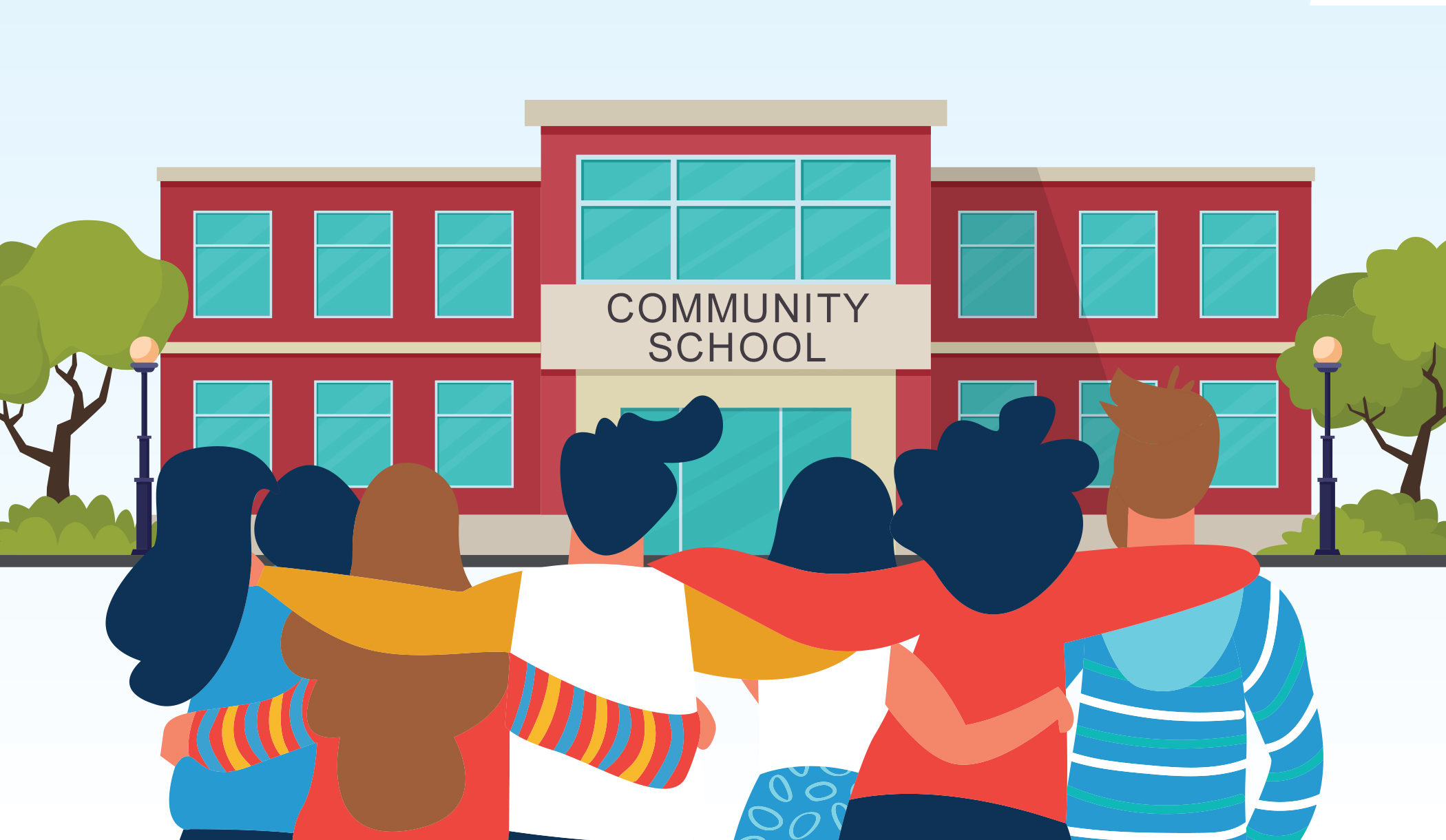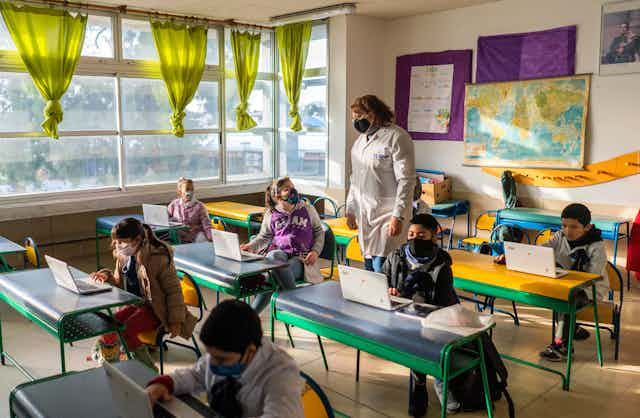The Effect of Institution Environments on Academic Success and Personal Wellness
The layout of educational areas, including natural illumination and ergonomic furnishings, can improve pupils' focus and comfort. How can schools tactically boost these aspects to better support their students?
Physical Layout and Style
Just how does the physical design and layout of an institution effect academic success? The setup and aesthetic of a school atmosphere can considerably affect students' discovering results.
Natural lighting and effective air flow systems are pivotal in boosting cognitive feature and lowering absence. Studies have revealed that class with adequate all-natural light boost trainee focus and reduce feelings of sleepiness. Moreover, ergonomic furnishings customized to pupils' demands can stop physical pain, enabling for extended focus and interaction in scholastic activities.
Accessibility to outdoor areas and aesthetically pleasing environments additionally play a vital duty - Save Temecula Schools. Environment-friendly areas and properly maintained school grounds provide chances for exercise and mental leisure, both of which are necessary for preserving high levels of scholastic efficiency. In significance, an attentively designed physical setting can work as a stimulant for academic excellence, fostering an atmosphere that supports both training and learning
Classroom Environment
An environment that fosters a feeling of safety, inclusivity, and shared respect urges trainees to engage more actively in their learning procedures. The ambiance of a class, including aspects such as lighting, noise levels, and seating arrangements, can considerably influence pupil focus and inspiration.
In addition, the class atmosphere ought to sustain a culture of cooperation and open communication. They are much more most likely to involve deeply with the product and create important assuming skills when pupils really feel comfy sharing their ideas and asking inquiries. Peer communications and team activities can enhance knowing by fostering and providing varied perspectives teamwork
Furthermore, developing regular regimens and clear assumptions can produce an organized atmosphere that allows students to concentrate on their studies. By minimizing uncertainty and offering a predictable framework, trainees can better handle their time and obligations. Ultimately, a positive class environment not only improves academic efficiency however likewise contributes to the total wellness of trainees, preparing them for future academic and individual endeavors.
Teacher-Student Relationships
Building on the relevance of a favorable class ambience, the relationships between instructors and trainees play a pivotal role fit academic success. A healthy teacher-student partnership cultivates a discovering environment where pupils really feel valued, recognized, and sustained, which significantly boosts their motivation and involvement. When students regard their instructors as understanding and approachable, they are most likely to get involved proactively in course and seek assistance when required, adding to a much deeper understanding of the topic.

Efficient communication is vital to supporting these partnerships. Teachers that use open, considerate, and regular communication produce a foundation of trust. This count on makes it possible for trainees to reveal their concepts and worries openly, cultivating a collaborative discovering setting. Fundamentally, solid teacher-student relationships are a cornerstone of educational success, playing a vital role in both scholastic success and personal advancement.
Peer Communications
Peer interactions significantly affect academic success by shaping a student's cognitive and social growth. Within the college setting, peer connections act as a fundamental component for finding out and description individual development. Positive peer communications can boost a pupil's motivation and interaction in scholastic tasks with joint discovering and shared assistance. When pupils function together in team setups, they trade ideas, address issues jointly, and establish critical thinking abilities. Such communications foster a feeling of belonging and area, which is vital for emotional health and scholastic willpower.

Efficient peer interactions also add to the advancement of essential life abilities, such as interaction, dispute, and cooperation resolution. These social competencies are important for both academic success and individual health, highlighting the relevance of cultivating positive peer dynamics within the college setting.
After-school Activities
Taking part in extracurricular activities plays a pivotal function in a pupil's academic success and personal growth. These activities, ranging from sports groups to debate clubs, use pupils possibilities to refine important abilities such as management, time management, and teamwork. Research constantly suggests that students who join extracurricular activities have a tendency to achieve greater scholastic performance. This correlation is usually credited to the structured atmosphere and the technique called for to stabilize both scholastic and extracurricular dedications.
Moreover, extracurricular involvement promotes a sense of belonging and area, which is vital for individual wellness. Joining team activities allows pupils to build and strengthen social media networks, boosting their social and emotional knowledge. These interactions are vital for developing interpersonal abilities that are helpful in both future and academic expert environments.
Additionally, extracurricular tasks offer a constructive electrical outlet for students to discover their interests and interests past the typical educational program. This exploration can lead to the exploration click over here now of new abilities and possible occupation courses, additionally inspiring pupils to involve even more deeply in their scholastic work. To conclude, the function of after-school activities prolongs beyond mere leisure; they are important to promoting an all natural academic experience that promotes both scholastic success and individual growth.
Conclusion
In sum, the impact of institution environments on both academic success and individual well-being is profound. Thoughtfully created physical designs and class, along with favorable teacher-student partnerships and constructive peer interactions, considerably improve trainee inspiration and engagement. Additionally, the presence learn the facts here now of encouraging educators can reduce stress and anxiety, cultivating a supporting environment favorable to holistic growth. These components jointly highlight the importance of developing and maintaining optimum institution environments for the advantage of students' academic and personal development.
Ultimately, a favorable classroom ambience not just boosts academic performance yet also adds to the total health of trainees, preparing them for future instructional and personal undertakings.
